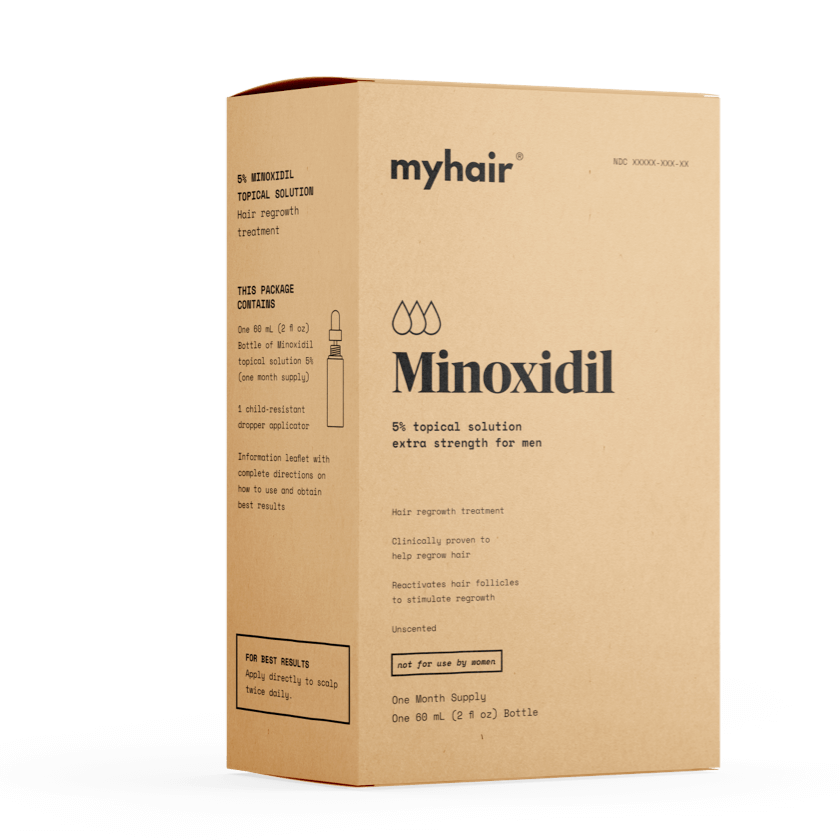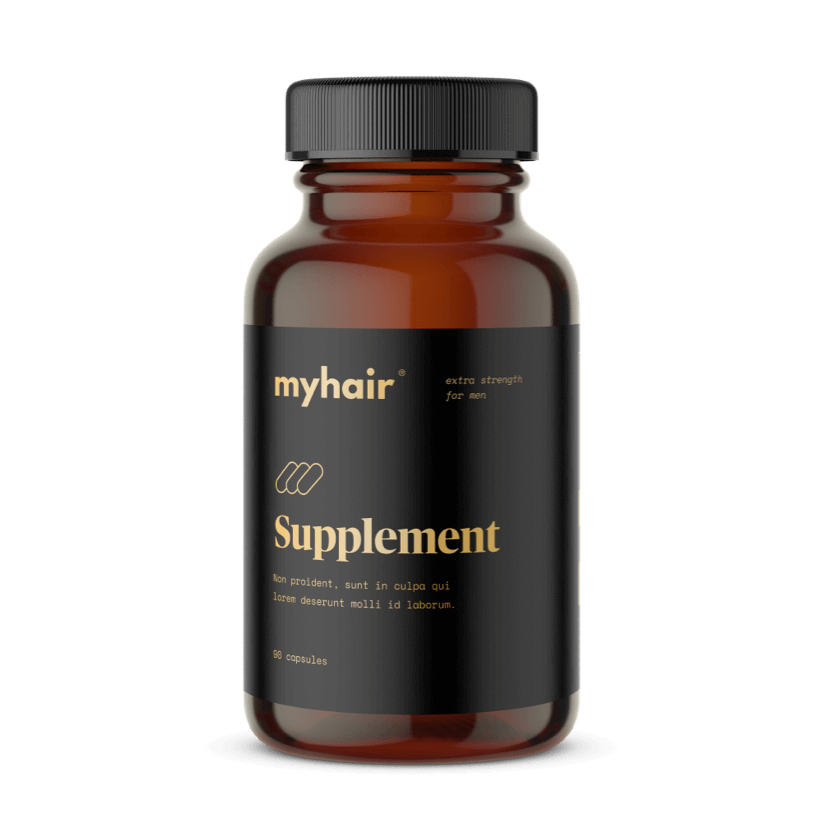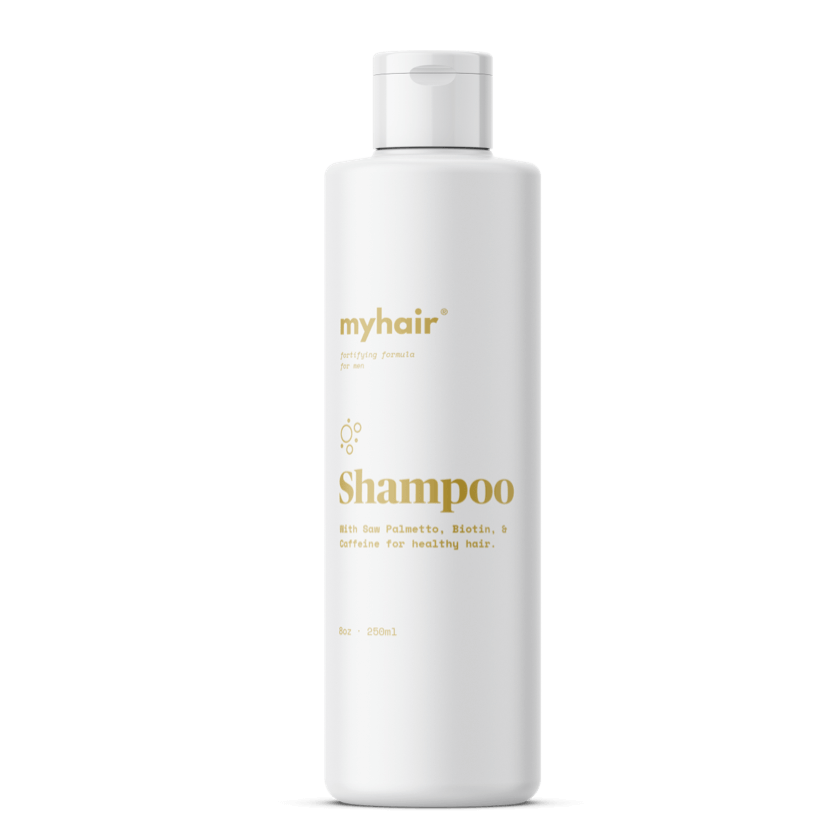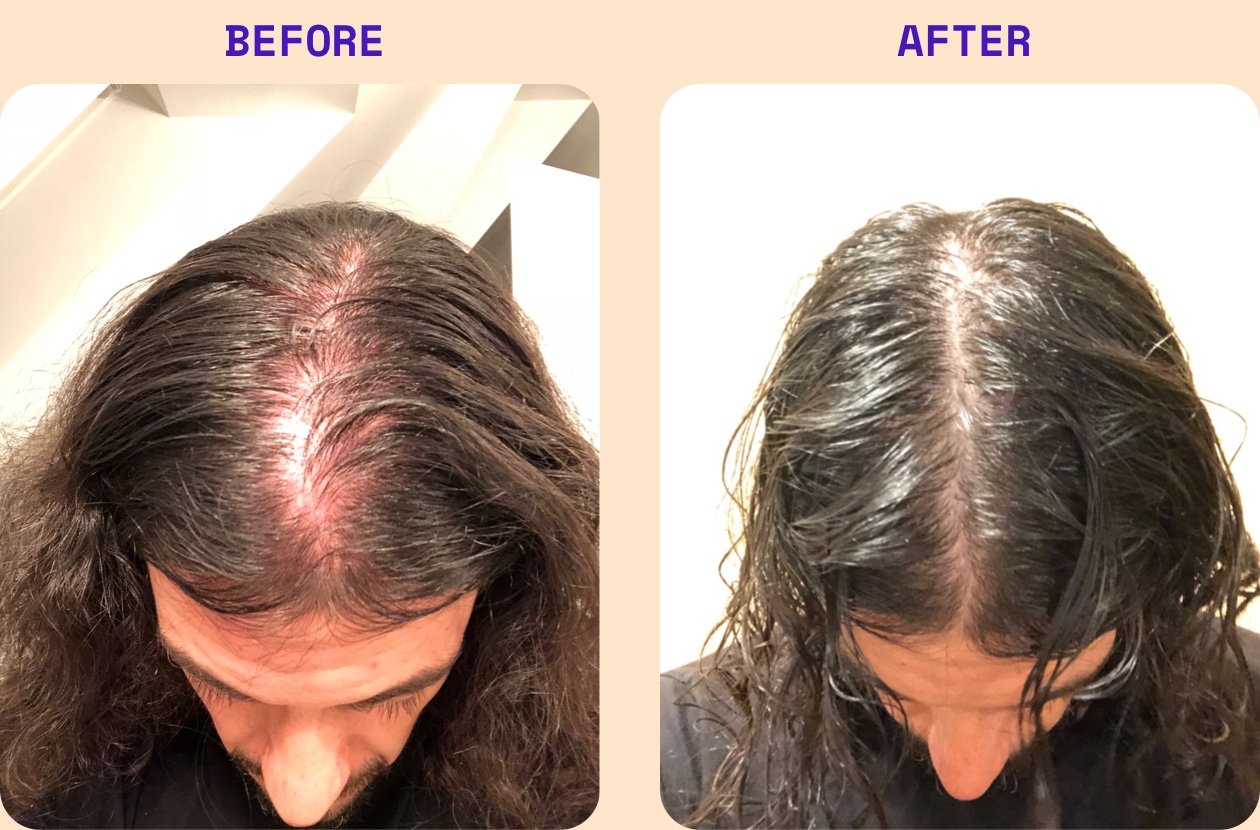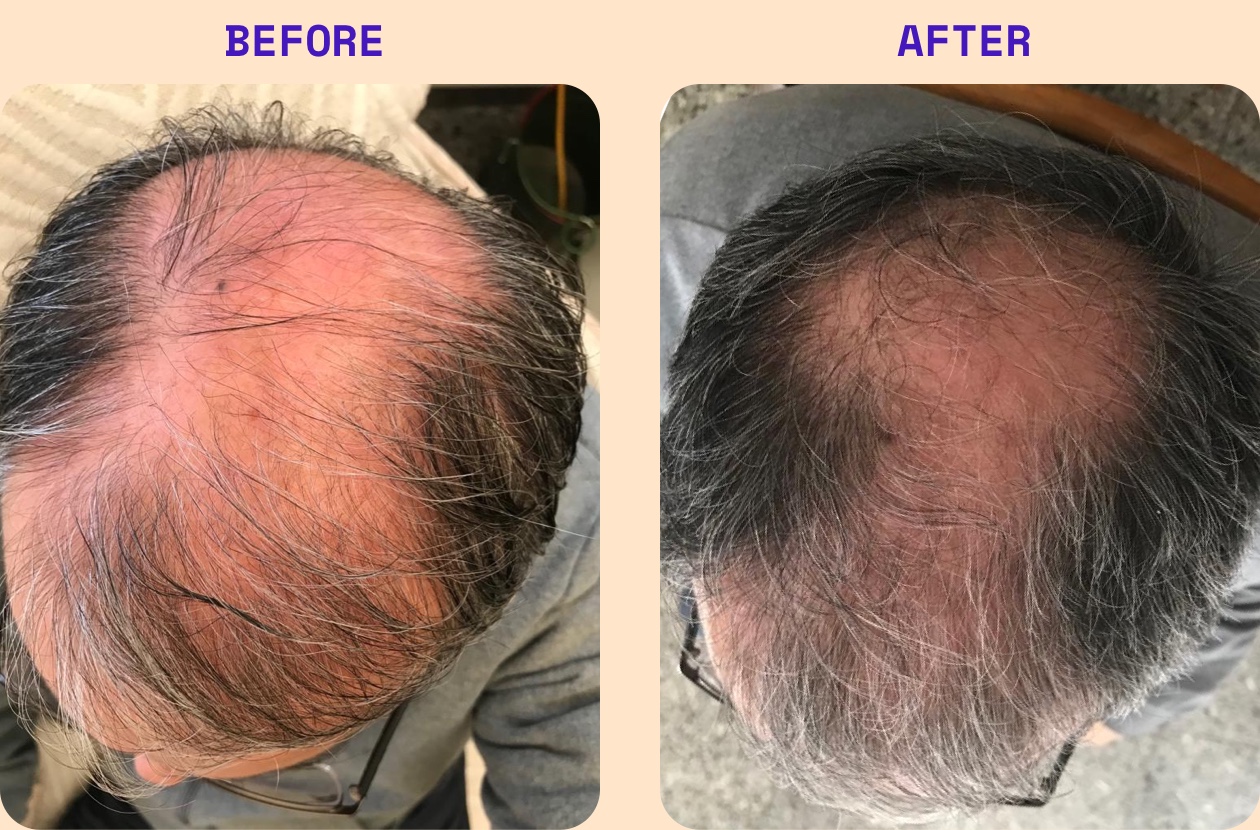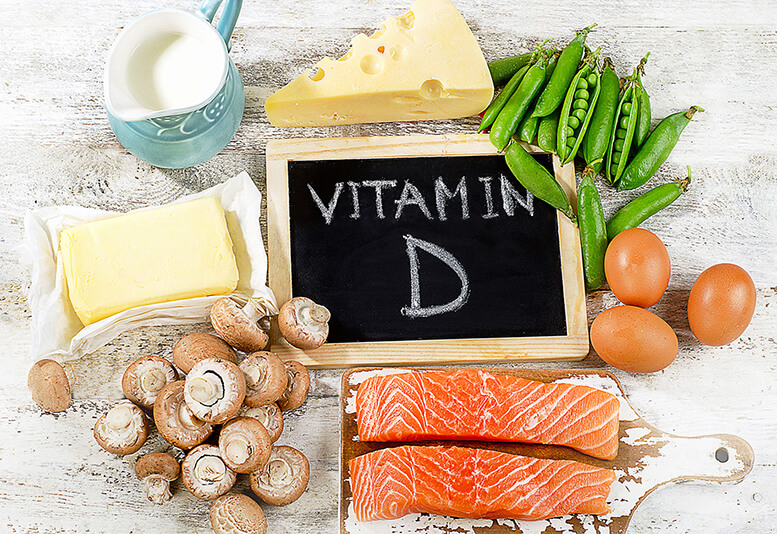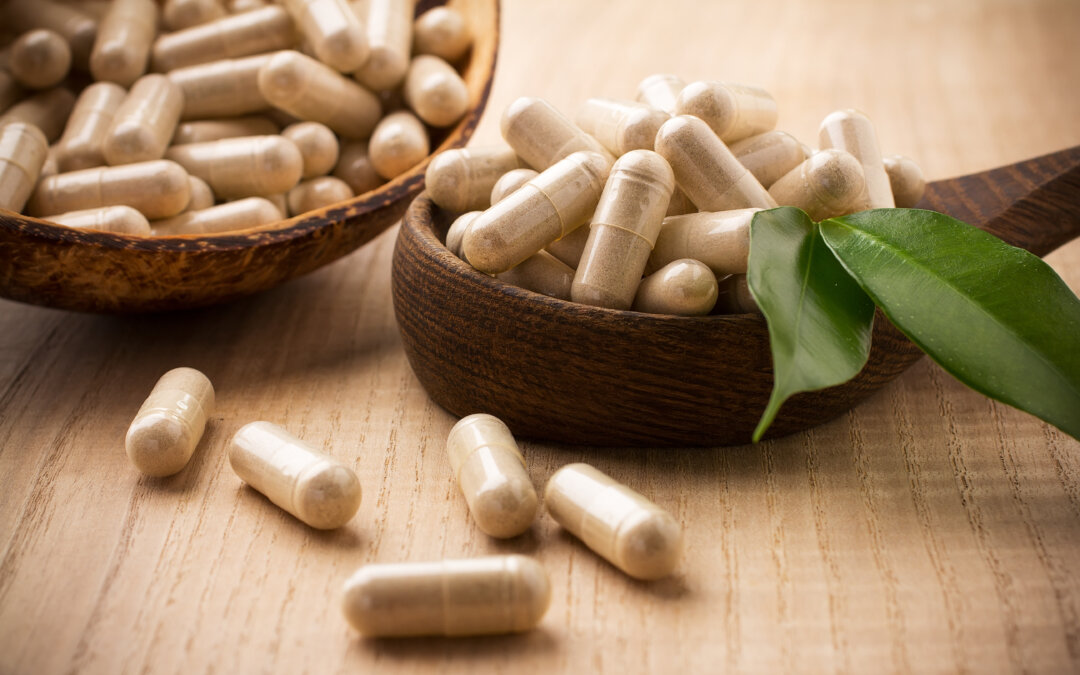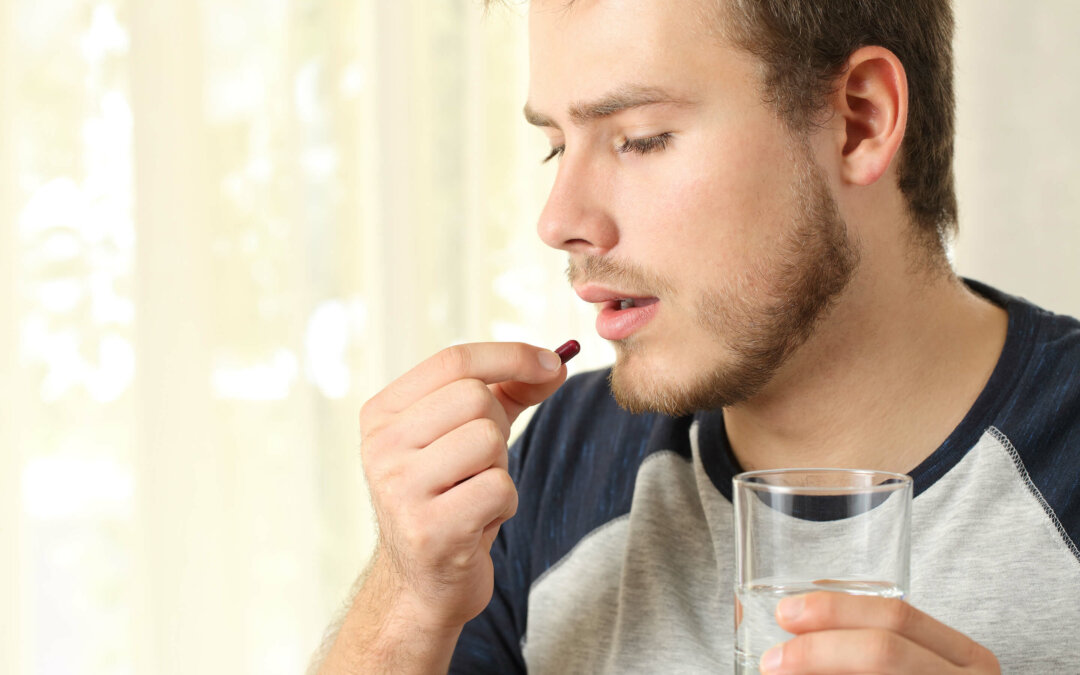Nutrients
All the building blocks you need for healthy, strong hair
from $26.70/month
Included in The Kit
Everything you need for the healthiest hair
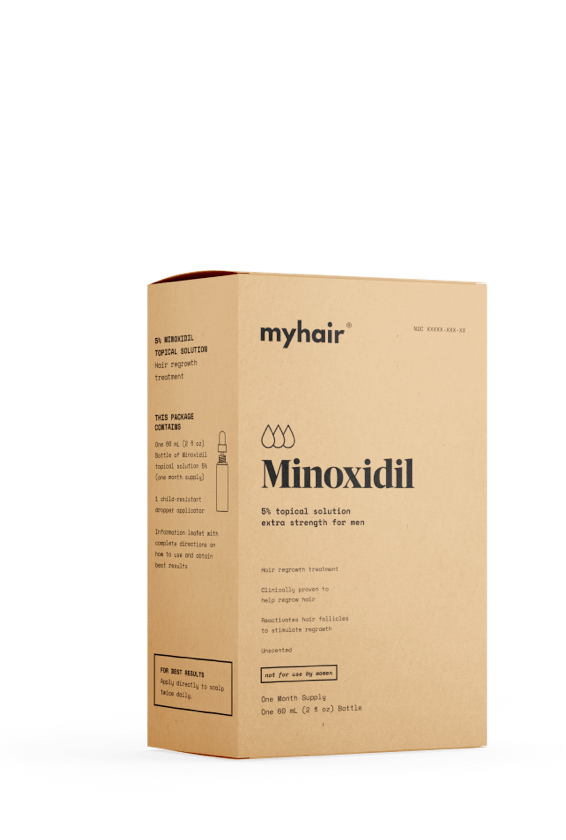
MINOXIDIL
Increasing blood flow to stimulate your hair follicles
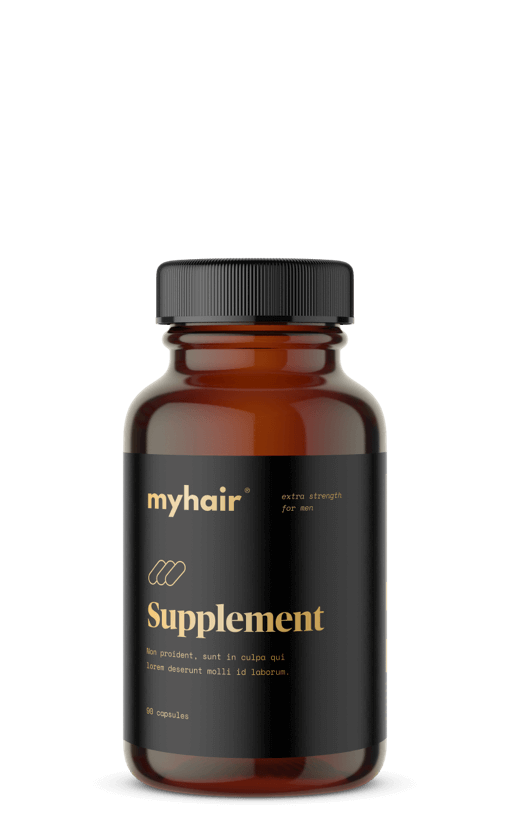
NUTRIENTS
The building blocks your body needs to produce healthy hair
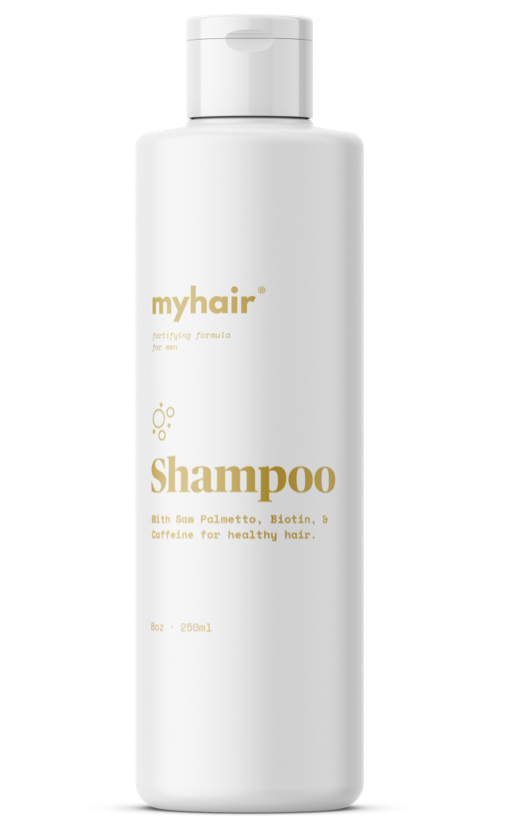
SHAMPOO
Cleansing and nourishing your hair and scalp
Included in The Kit
Nourishing your hair


Just one a day
We get it. Sometimes you’re too busy to eat the perfect balanced diet. We’ve made it simple, and put everything you need for healthy hair into one single pill.
READ MORE
Strengthening from the inside out
A surprising amount of men with hair loss also have a nutrient deficiency. Our Nutrients contain everything your body needs to make hair thick and strong.
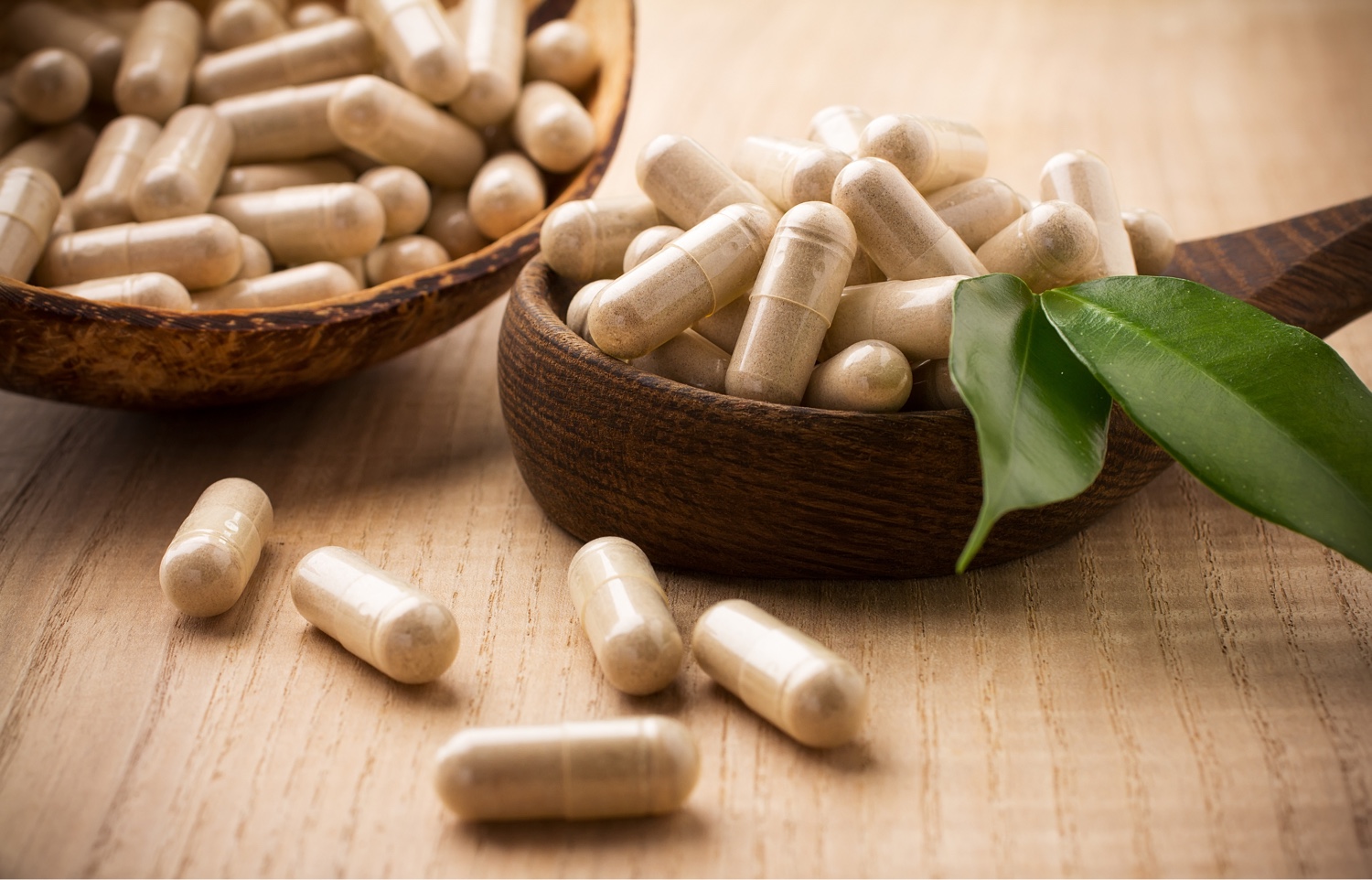

Healthier hair won’t happen on its own
Featuring powerful nutraceuticals and nutrients that can promote stronger, thicker hair.
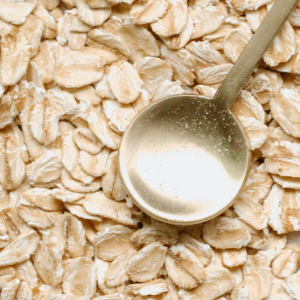
L-cysteine
Keratin is one of the main proteins that makes up hair. This amino acid is one of the building blocks that allows your body to produce this protein and create strong, healthy hair.1

Saw palmetto
When certain androgens, like DHT, build up in the body, they can cause hair follicles to shrink and hair to get thinner. This natural DHT-blocker can help reduce the elevated levels of this hormone that are harmful to hair.2, 3
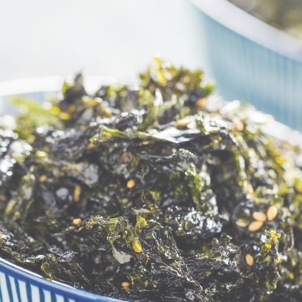
B-complex vitamins
Niacin, riboflavin, biotin, folate, and vitamin B12 deficiencies have all been associated with hair loss.4, 5 Resolving a nutrient deficiency is often the first step in making sure healthy hair can grow.

Horsetail extract
Horsetail is rich in silica, a mineral that’s important for nails, skin, and hair. Silica helps deliver essential nutrients to your hair follicles and strengthens hair from the inside out.2
GET IT BACK
Get to the root of it.
Everything you need & nothing you don’t.
FAQs
Got questions? We have answers.
What vitamins am I lacking if my hair is thinning?
In people with androgenic alopecia, hair thinning is caused by a mixture of factors. A nutrient deficiency is often (but not always) one of the factors.
If your hair is thinning, there’s a good chance that you could be deficient in a mineral like zinc, that helps your body create hair proteins, or a B-complex vitamin that helps regulate hair thickness. But your deficiency could also be in something much more specific, like the amino acid cysteine, or something else altogether.
People often don’t realize that vitamins and minerals work together. When a nutrient deficiency occurs, the functions of other vitamins and minerals can be affected too. Regardless of what vitamin or mineral you’re deficient in, a blend of essential nutrients is crucial for healthy hair.
What vitamins and minerals are in Nutrients?
What nutraceuticals are in Nutrients?
What is DHT and why do we need to block it?
Can I take more than one dose of Nutrients a day?
That being said, Nutrients* were specially formulated so that you just need one dose a day. You won’t get any benefits from taking more than a single capsule per day. And in the long run, taking multiple doses per day could do you more harm than good.
*Check with your doctor or dietitian before taking both Nutrients and another multivitamin.

Hair vitamins: The nutrients you need for healthy hair
In an ideal world, everyone would be able to get all of their essential nutrients from the foods they eat. If you like eating fruits and vegetables each day, understand the benefits of healthy fats, and can differentiate between incomplete and complete sources of proteins, there’s a good chance that you’re getting all the vitamins and minerals you need to stay healthy.
Unfortunately, many people don’t consume a balanced diet like they should. It’s no surprise: As we get older, our lifestyles get busier. Whether it’s because you’re trying out a new diet, attempting to lose weight after lockdown, or are just too busy to cook food from scratch, you might not be getting all the nutrients your body needs.
Important facts about vitamins
If you don’t eat a healthy, varied diet, you can end up with a vitamin deficiency. Deficiencies can also occur due to illnesses, gut absorption problems, or frequent alcohol consumption. Essentially, your body won’t be getting enough nutrients to function the way it should.
You may not notice a deficiency at first. But if allowed to progress, your body will have to prioritize certain functions over others it considers to be less important.
Vitamin deficiencies and hair
You’re probably aware that nutrients are important for your organs and bodily functions, but they also help prevent hair loss and keep hair healthy. For example, certain nutrients are specifically involved in the production of keratin, the main protein found in hair and skin.6
Vitamins and minerals also help promote good blood circulation, nutrient absorption into hair follicles, and skin and hair cell regeneration, which are all necessary for healthy hair growth.
While nutrient deficiencies can cause an array of different health issues, certain deficiencies are particularly likely to cause hair problems. Hair can become brittle, thinner, or stop growing altogether.
Although some people can resolve their hair problems by eating more of certain foods, others need extra amounts of specific vitamins or minerals. Taking a supplement can help restore hair growth in people experiencing deficiencies.
Supplements aren’t for everyone, though, and too much of a good thing isn’t always healthy. If you already consume a nutrient-rich diet or are already taking a multivitamin, taking an additional supplement for hair growth could be excessive and unnecessary.
The importance of B-complex vitamins
There are eight different vitamins in the B-complex family. These vitamins work together to perform a variety of important functions in your body.
B-complex vitamins help break down the macronutrients you consume, allowing protein, carbohydrates and fat to be processed efficiently. These B-vitamins also perform a variety of other roles, like helping transport oxygen and nutrients around your body and supporting the function of your brain and nervous system.7
B-complex vitamins are important for healthy skin and hair. Deficiencies in several of these B-complex vitamins (niacin, riboflavin, biotin, folate, and vitamin B12) have been associated with hair loss.4, 5
Niacin (Vitamin B3)
Niacin, also known as nicotinic acid, nicotinamide or vitamin B3, is part of a group of organic compounds that kickstart the energy reserves. Niacin can help promote keratin production, making it important for both hair and skin cells.6
Vitamin B3 is naturally found in many foods. Foods with high quantities of niacin include beef, poultry, salmon, rice, tomato sauce, and peanuts.8
Pantothenic acid (Vitamin B5)
Vitamin B5 is also known as pantothenic acid. Like other B-complex vitamins, this nutrient helps break down food into energy. You can find vitamin B5 in a wide variety of foods, including eggs, dairy, mushrooms, cauliflower, legumes, and leafy green vegetables.
While vitamin B5 on its own doesn’t directly promote hair growth, this nutrient can influence hair growth and diameter. It is also able to help reduce inflammation, prevent early hair graying, and maintain good hair follicle and scalp health.9, 10
Vitamin B6 (Pyridoxine)
Vitamin B6 helps support your body’s immune system function and metabolism. It’s vital as it helps make hemoglobin, a protein that transfers oxygen to your cells.11 Without enough hemoglobin, your cells won’t get enough air. Supplementation of this nutrient is also thought to help improve conditions for hair growth and reduce the amount of hair loss.12
If you’re not getting enough vitamin B6, you might be feeling tired all the time, weak or lethargic. You may also become anemic, or experience skin and oral health problems. Foods like beef, tuna, poultry, potatoes, chickpeas, and bananas can help you increase your vitamin B6 intake.
Biotin (Vitamin B7)
Biotin, also known as vitamin B7 or vitamin H, is the only B-complex vitamin that your body is able to produce. You can also get your recommended daily amount of biotin from the foods you eat, especially protein-rich plants or meat products.
Biotin is another vitamin that has been associated with hair loss. Biotin deficiency is rare but can lead to skin problems, hair loss symptoms, and brittle nails.5
Insufficient biotin can be a genetic issue or due to illness, but it might also be due to your diet. Do you like blending raw eggs into smoothies or protein shakes? That trend can actually cause biotin deficiency.
If you suspect your biotin deficiency is due to your love of eggs, don’t worry — it’s only raw eggs that cause this problem. Cooked eggs are actually great sources of biotin.
Vitamins C and E: Antioxidant nutrients
Vitamin C and vitamin E are essential nutrients, but they’re also antioxidants. Antioxidants help prevent the damage associated with free radicals, which cause oxidative stress.
Free radicals are compounds that are created when you convert food into essential energy. They can also be taken in by your body through air pollution or cigarette smoke, or other environmental hazards.13
Free radicals can cause damage to your cells and are associated with various health problems. The resulting oxidative stress has been associated with different types of hair loss.4
Vitamin C
Beyond protecting your body from free radicals, vitamin C helps your body absorb iron, an essential mineral that helps carry oxygen around the body through your blood.5
It’s important to make sure you’re getting enough vitamin C as too little can lead to scurvy and in turn, symptoms of hair loss.
Vitamin E
Vitamin E is also more than just an antioxidant. This vitamin helps maintain the health and function of your immune system, blood vessels and metabolism.14 Vitamin E might also be able to reduce oxidative stress in the scalp, which in turn benefits both skin and hair.15
Zinc: An essential mineral for cellular metabolism
Zinc is an essential nutrient that has a myriad of different functions in the body. It helps your body synthesize DNA, defend itself from viruses and bacteria, create new cells, and heal wounds. It’s also crucial for the production of proteins, like keratin.16
Zinc deficiency can lead to skin problems and hair loss, and notably, it’s specifically been associated with androgenic alopecia. When people with this type of hair loss have taken part in nutrient deficiency research studies, around 10 percent of them have had a zinc deficiency. 5, 17
Most people get enough zinc from the foods they eat. However, people following a plant-based diet are at particular risk of zinc deficiencies. This is because certain healthy foods — specifically legumes and whole grains — contain compounds that bind to zinc and prevent it from being absorbed.
If you’re a vegetarian trying to increase your zinc levels, you may want to consider consuming sprouted grains or legumes, like bean sprouts. The sprouting process reduces the levels of those compounds and allows your body to take up zinc much more easily.
Nutraceuticals that benefit hair
Sometimes, you don’t need to take vitamins and minerals in their raw form to still get them and their benefits. Some plant extracts, for instance, are good sources of several different nutrients. Others have compounds that can support your health in different ways.
Horsetail extract
Horsetail extract is a unique plant that’s rich in hair’s building blocks. It contains an amino acid called cysteine and a mineral known as silica. Both of these are important for keratin production and therefore essential for hair growth. Horsetail also contains selenium, is able to increase calcium absorption, and boosts blood flow to the scalp.2
Saw palmetto
Saw palmetto is a plant that’s best known for its ability to block an androgen called DHT (dihydrotestosterone).3 DHT levels tend to build up in people with androgenic alopecia. When DHT levels increase, hair follicles are affected and eventually stop producing hair. However, if the amount of this androgen drops back down, hair follicles can start producing hair again.
Saw palmetto is also rich in cholesterol-reducing phytosterols, which means it may have even more benefits beyond supporting hair health.18 Phytosterols are generally thought to be good for your heart.
References
- Clemente Plaza, N., Reig García-Galbis, M., & Martínez-Espinosa, R. M. (2018). Effects of the Usage of l-Cysteine (l-Cys) on Human Health. Molecules, 23(3), 575.
- Janowiak, J. J., & Ham, C. (2004). A Practitioner’s Guide to Hair Loss Part 1—History, Biology, Genetics, Prevention, Conventional Treatments, and Herbals. Alternative and Complementary Therapies, 10(3), 135–143
- Bergfeld, W. F., & Andersen, F. A. (2008). Natural products for hair care and treatment. In Hair Growth and Disorders (pp. 515-524). Springer, Berlin, Heidelberg.
- Guo, E. L., & Katta, R. (2017). Diet and hair loss: effects of nutrient deficiency and supplement use. Dermatology practical & conceptual, 7(1), 1.
- Almohanna, H. M., Ahmed, A. A., Tsatalis, J. P., & Tosti, A. (2019). The role of vitamins and minerals in hair loss: a review. Dermatology and therapy, 9(1), 51-70.
- Gehring, W. (2004). Nicotinic acid/niacinamide and the skin. Journal of cosmetic dermatology, 3(2), 88-93.
- B Vitamins. (2012, September 18). Retrieved December 29, 2020, from The Nutrition Source website: https://www.hsph.harvard.edu/nutritionsource/vitamins/vitamin-b/
- Office of Dietary Supplements – Niacin. (2017). Retrieved December 29, 2020, from Nih.gov website: https://ods.od.nih.gov/factsheets/Niacin-HealthProfessional/
- Goluch-Koniuszy, Z. S. (2016). Nutrition of women with hair loss problem during the period of menopause. Przeglad menopauzalny= Menopause review, 15(1), 56.
- Siavash, M., Tavakoli, F., & Mokhtari, F. (2017). Comparing the effects of zinc sulfate, calcium pantothenate, their combination and minoxidil solution regimens on controlling hair loss in women: A randomized controlled trial. Journal of research in pharmacy practice, 6(2), 89.
- Office of Dietary Supplements – Vitamin B6. (2017). Retrieved December 29, 2020, from Nih.gov website: https://ods.od.nih.gov/factsheets/VitaminB6-HealthProfessional/
- Brzezińska-Wcisło, L. (2001). Evaluation of vitamin B6 and calcium pantothenate effectiveness on hair growth from clinical and trichographic aspects for treatment of diffuse alopecia in women. Wiadomosci lekarskie (Warsaw, Poland: 1960), 54(1-2), 11-18.
- Slide show: Add antioxidants to your diet. (2019). Retrieved December 29, 2020, from Mayo Clinic website: https://www.mayoclinic.org/healthy-lifestyle/nutrition-and-healthy-eating/multimedia/antioxidants/sls-20076428
- Office of Dietary Supplements – Vitamin E. (2017). Retrieved December 29, 2020, from Nih.gov website: https://ods.od.nih.gov/factsheets/VitaminE-HealthProfessional/
- Beoy, L. A., Woei, W. J., & Hay, Y. K. (2010). Effects of tocotrienol supplementation on hair growth in human volunteers. Tropical life sciences research, 21(2), 91.
- Office of Dietary Supplements – Zinc. (2017). Retrieved December 29, 2020, from Nih.gov website: https://ods.od.nih.gov/factsheets/Zinc-HealthProfessional
- Gowda, D., Premalatha, V., & Imtiyaz, D. B. (2017). Prevalence of nutritional deficiencies in hair loss among Indian participants: results of a cross-sectional study. International journal of trichology, 9(3), 101.
- Penugonda, K., & Lindshield, B. L. (2013). Fatty acid and phytosterol content of commercial saw palmetto supplements. Nutrients, 5(9), 3617-3633.
Included in The Kit

MINOXIDIL

NUTRIENTS

SHAMPOO
Included in The Kit
Stopping Hair Loss
Guides & Articles
Vitamin D and hair loss
Vitamin D is an essential, fat-soluble nutrient that’s naturally found in seafood, dairy, eggs, and some meat products. This vitamin is directly involved in the hair growth cycle. Deficiencies in it have been linked to multiple types of alopecia, including pattern hair loss, alopecia areata, stress-related hair loss, and scarring alopecias.
Hair vitamins: Nutrients for healthy hair
Wouldn’t it be great if everyone could get all their essential nutrients from the foods they eat each day? In theory, anyone can… but many people don’t consume a balanced diet. This results in nutrient deficiencies, which can cause an array of different health and hair problems. Hair can become brittle, thin, and even stop growing altogether.
Should I take a hair growth supplement?
Many people consider nutrient supplements to be magic pills. But the truth is, if you eat a healthy diet, chances are you probably don’t need them. People who can benefit from supplementation include folks with chronic health issues, malabsorption problems, and certain hair loss disorders.

